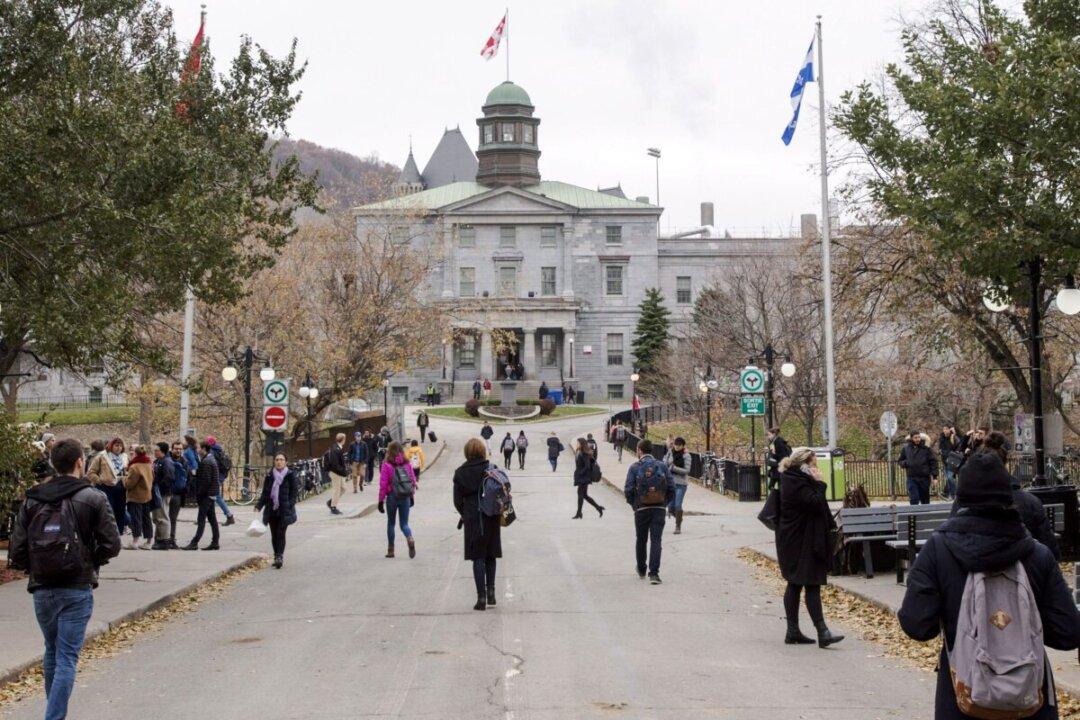While two in five Canadians overall subscribe to the idea of socialism—with that number even higher for younger Canadians—few are willing to pay for the tax increases required to finance such a system, says a study by the Fraser Institute.
Among 1,006 Canadians surveyed, 46 percent of respondents aged 18-34 picked socialism when asked “What is the ideal economic system.” The number drops to 43 percent among respondents aged 35–54, and to 38 percent among those over 55.





